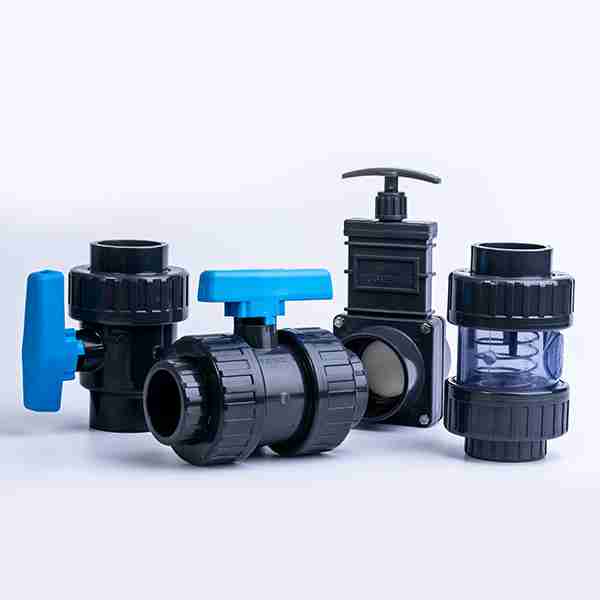
When it comes to controlling the flow of fluids in various industries, PVC valves play a crucial role. As essential components in plumbing, irrigation, chemical processing, and more, PVC valves offer versatility, durability, and reliability. In this comprehensive guide, we delve into the world of PVC valve suppliers, exploring the different types of PVC valves, their applications, and where to find trusted suppliers.
Types of PVC Valves:
1. Ball Valves: Ball valves are popular for their simple design and efficient operation. They feature a spherical closure unit that allows for quick on/off control of the flow. PVC ball valves are ideal for applications where tight shut-off is required, such as water treatment plants, swimming pools, and industrial processes.
2. Gate Valves: Gate valves regulate flow by raising or lowering a gate mechanism. PVC gate valves are well-suited for applications that require full flow or complete shut-off. Common uses include wastewater treatment, agriculture, and irrigation systems.
3. Check Valves: Check valves prevent backflow by allowing fluid to flow in only one direction. PVC check valves are essential in systems where backflow could cause damage or contamination. They find applications in sewage systems, sump pumps, and drainage systems.
4. Butterfly Valves: Butterfly valves control flow using a circular disc or vane positioned in the center of the pipe. PVC butterfly valves are lightweight and offer quick operation, making them suitable for large-scale applications such as HVAC systems, chemical processing, and food processing.
Applications of PVC Valves:
1. Plumbing and Water Systems: PVC valves are widely used in residential, commercial, and industrial plumbing systems for controlling the flow of water. From household taps to large-scale water distribution networks, PVC valves ensure efficient water management and distribution.
2. Chemical Processing: In chemical plants and laboratories, PVC valves play a vital role in controlling the flow of corrosive chemicals. Their resistance to chemical corrosion and abrasion makes them ideal for handling acids, alkalis, and other corrosive substances safely.
3. Irrigation and Agriculture: For agricultural irrigation systems, PVC valves provide reliable control over water flow to fields, crops, and irrigation networks. Their durability and resistance to rust and corrosion make them suitable for outdoor use in varying environmental conditions.
4. Industrial Applications: PVC valves find diverse applications in various industrial settings, including manufacturing plants, refineries, and wastewater treatment facilities. They are used for regulating flow, isolating sections of pipelines, and maintaining process efficiency.
Finding Reliable PVC Valve Suppliers:
When sourcing PVC valves for your specific needs, it’s essential to choose reputable suppliers who offer high-quality products and excellent customer service. Online directories, industry forums, and referrals from colleagues can be valuable resources for identifying reliable PVC valve suppliers. Additionally, conducting thorough research on suppliers’ credentials, product quality, and customer reviews can help ensure a satisfactory purchasing experience.
Conclusion:
PVC valves are indispensable components in numerous industries, offering efficient flow control, durability, and chemical resistance. Whether for plumbing, chemical processing, irrigation, or industrial applications, PVC valves provide reliable performance and peace of mind. By understanding the different types of PVC valves, their applications, and where to find trusted suppliers, businesses and individuals can make informed decisions to meet their specific needs effectively. Choose your PVC valve supplier wisely, and enjoy seamless flow control in your operations.